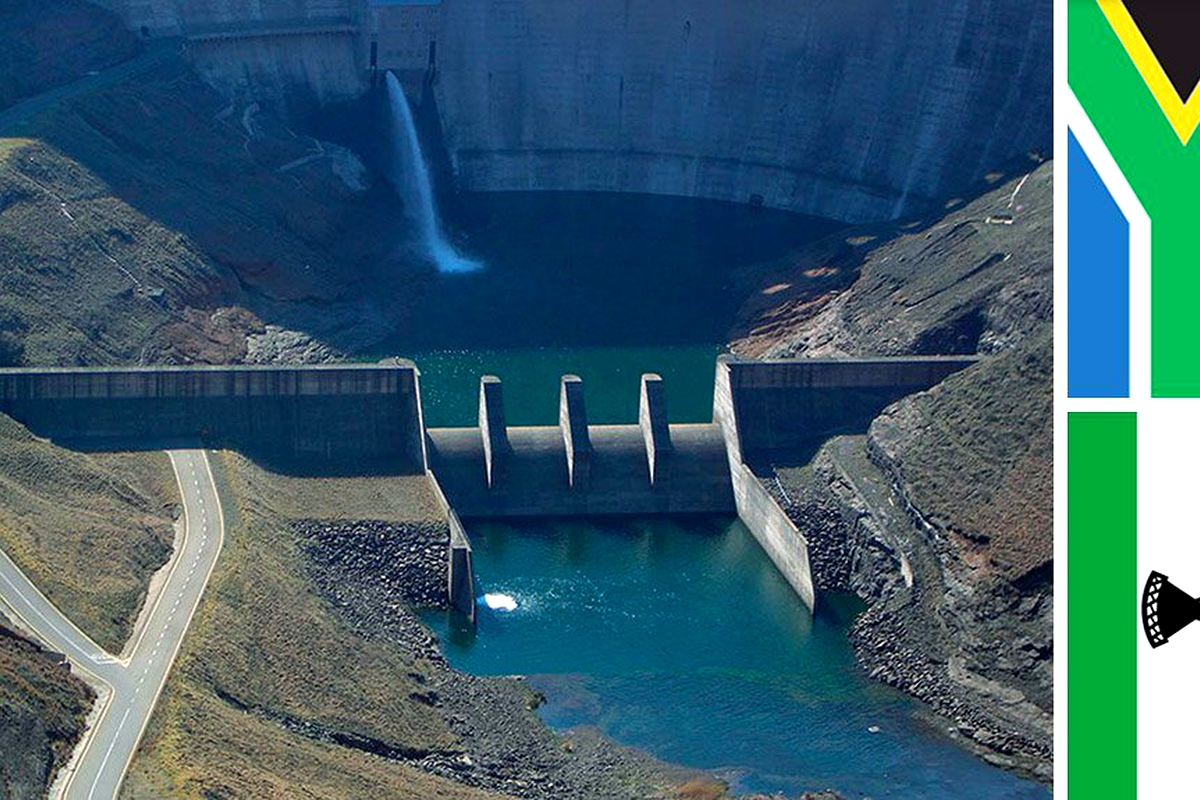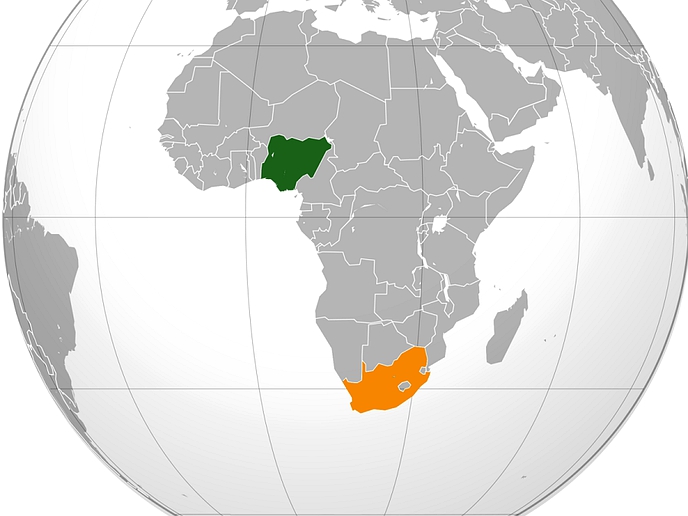STAFF REPORTER The Lesotho Highlands Development Authority (LHDA) has awarded the contract for the construction of the Polihali diversion tunnels to SCLC Polihali Diversion Tunnel Joint Venture, marking another significant step in the implementation of Phase II of the Lesotho Highlands Water Project (LHWP). According to the LHDA statement released in Maseru on April 17, the contractor is expected to be on site by April with the works expected to be completed in approximately 18 months. The project cost is estimated at M517 million. The SCLC Polihali Diversion Tunnel JV combines international, South African and Lesotho expertise: Salini Impregilo S.p.A (South African branch), Cooperativa Muratori Cementistri CMC di Ravenna (South African branch), LSP Construction (Pty) Ltd. (Lesotho) and CMI Infrastructure Ltd (South Africa). “The diversion tunnels are essential to facilitate the construction of the Polihali Dam. Their construction is an important element of the advance infrastructure works which started towards the end of 2018 with the awarding of the contracts for the Polihali North East Access road and the civils work at Katse and Mokhotlong. The advance infrastructure will largely be completed prior to commencement of construction of the Polihali dam and the Polihali to Katse water transfer tunnel,” confirms Tente Tente, the LHDA’s Divisional Manager, Phase II. Diversion tunnels divert water away from the natural river bed to create a dry foundation and work area needed for the construction of a dam. Their construction usually goes along with the building of cofferdams, one upstream and one downstream of the proposed dam, which together allow the river flow to bypass the dam foundation area. In the case of the Polihali Dam, two diversion tunnels will be constructed to divert the waters of the Senqu River. Building two tunnels will increase the capacity to carry floods and will provide flexibility to work in one tunnel while the river flows in the other one. The tunnels, one 7m in diameter and almost a kilometre in length, and the second, 9m in diameter and almost a kilometre long, run parallel to each other from the intake point to the outlet downstream of the dam. The tunnels will be excavated by drill and blast method, and will be supported by rockbolts and shotcrete as required. The Metsi a Senqu-Khubelu Consultants Joint Venture (MSKC) which also includes a number of South African and Lesotho-based firms i.e. Aurecon (SA), Knight Piesold (SA), Hatch Goba (SA), SMEC (SA) and FM Associates (Lesotho), has designed the diversion tunnels and will also supervise the construction work. Phase II of the Lesotho Highlands Water Project builds on the successful completion of Phase I in 2003. It delivers water to the Gauteng region of South Africa and utilises the water delivery system to generate hydro-electricity for Lesotho. Phase II will increase the current supply rate of 780 million cubic metres per annum incrementally to more than 1 270 million cubic metres per annum. At the same time, it will increase the quantity of electricity generated in Lesotho and is a further step in the process of securing an independent electricity source to meet Lesotho’s domestic requirements. The hydropower further feasibility studies have confirmed that conventional hydropower is the preferred option. Three potential conventional hydropower sites have been identified: two on the Senqu River and one at Oxbow. The studies on these are being taken to bankability stage.
news
April 17, 2019
3 min read
LHDA awards contract for tunnels diversion

Enjoy our daily newsletter from today
Access exclusive newsletters, along with previews of new media releases.
Tailored for you



